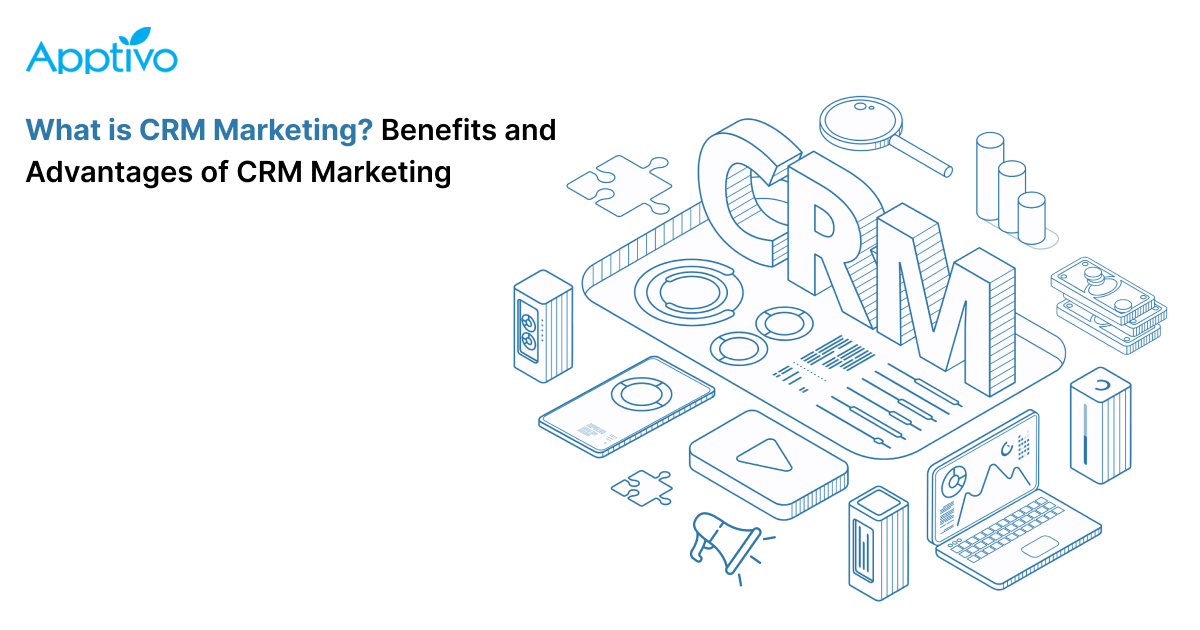 |
Introduction
In a digital world, every aspect of business has transformed; marketing is no exception. Marketing in the past had always been a hit or miss: it was not customized for any group or individual. It was designed to reach everyone, including those who were not interested in the marketed products, or those who were not the intended target audience, or those who could not afford the products. This made marketing both expensive and ineffective.
In e-commerce, the potential for customizing the marketing initiatives and targeting individuals and groups precisely has made a significant difference. But in order to achieve that, you need data on your leads and customers that can give you an idea about their preferences. This calls for a specialized software that collects customer data and helps you customize and optimize your marketing initiatives in line with the interests of customers, to improve reach, sales conversion and profitability.
Customer relationship management (CRM) software serves this purpose of collecting customer information. In order to use these data for marketing purposes, various CRM marketing tools or available, which integrate with your CRM system to provide enhanced marketing capabilities. These CRM marketing tools pack powerful features for leveraging customer data to improve the targeting accuracy, personalization and effectiveness of your marketing drives.
Features of CRM Marketing
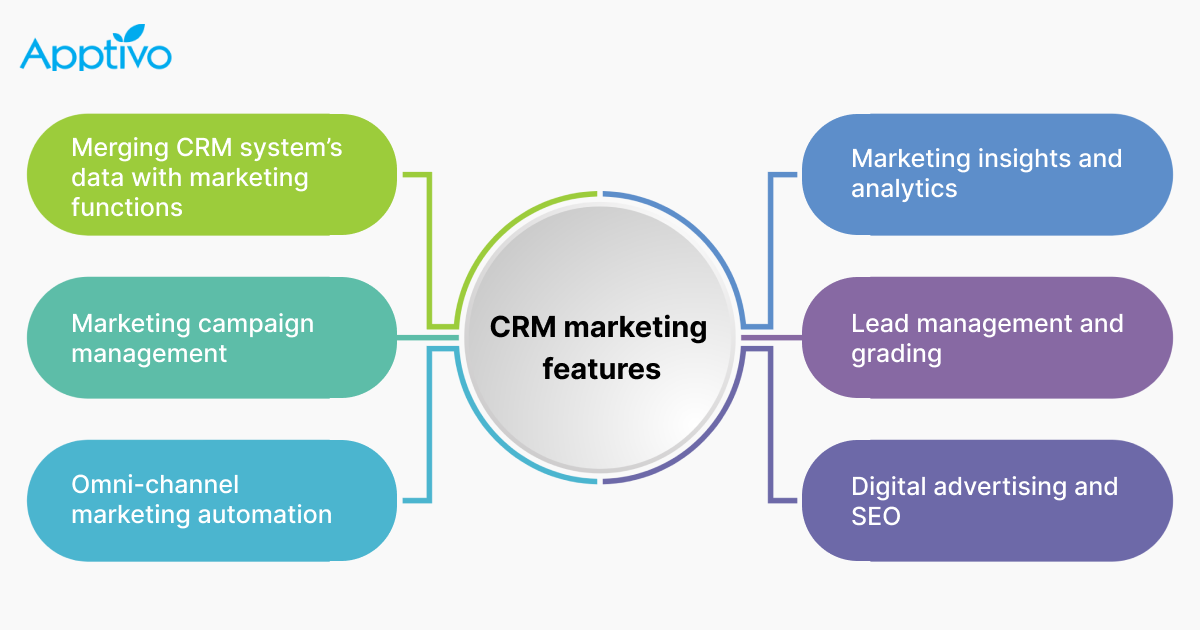 |
Benefits of CRM marketing
CRM marketing helps in:
- Adopting a data-driven approach to marketing automation
- Finding new leads and grading them to build razor-sharp focus around high quality leads that will most likely convert.
- Nurturing high quality leads with personalized communication, content, product suggestions, etc., and leading them to sales funnel
- Designing an entire customer journey by constantly tracking the activities and behavior of customers on all channels.
- Constantly understanding the preferences of customers, their interests and general trends through a thorough analysis of recorded customer data.
- Creating a Digital marketing strategy based on those insights to promote the products that customers want and need at any given time in an efficient manner.
- Segmenting users based on various criteria such as their demographic profile, geographical location, their preferences, purchase history, previous customer support interactions, etc., to target them with highly customized communication that they can relate to and will most likely engage with.
- Conducting targeted marketing campaigns to promote the right products at the right time with the right offers and discounts personalized for every user segment.
How does CRM marketing provide you with a marketing advantage?
CRM marketing provides you with significant advantages.
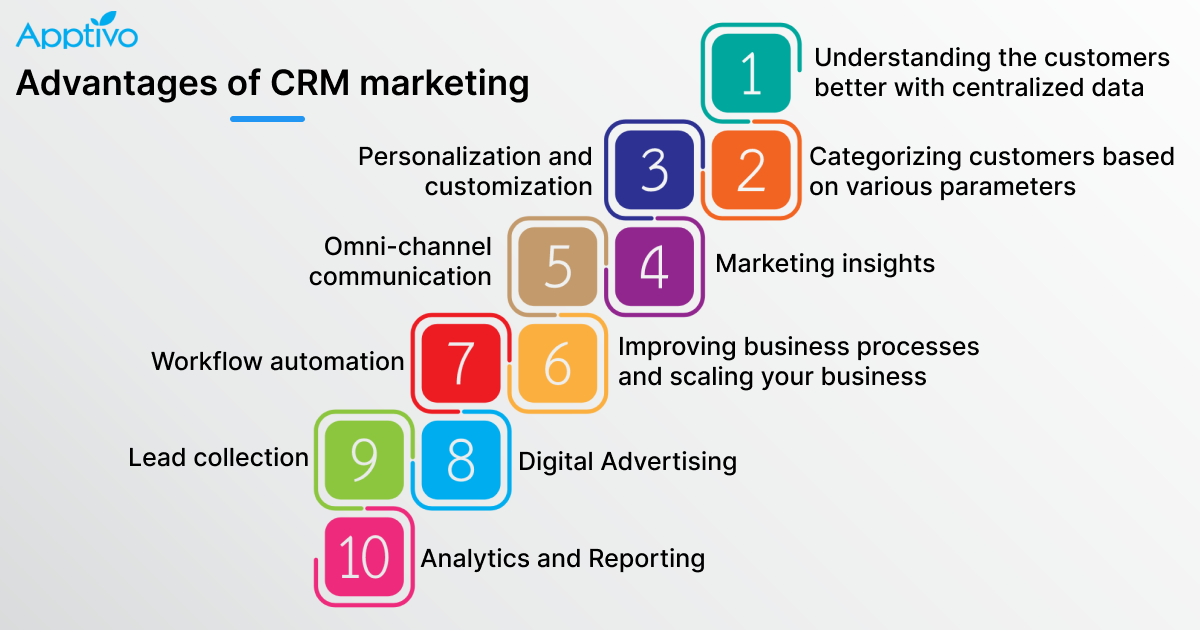 |
1.Understanding the customers better with centralized data
When you have many channels to interact with customers, it is essential to have unified customer profiles. Otherwise, the tracking data and users’ interactions will be recorded in a disjointed, incomplete manner and will be recorded under different profiles from different channels. This will prevent you from understanding user preferences by analyzing the data, as disjointed data will provide an incomplete picture.
CRM prevents this by recording all the user interactions, product preferences, interests and behaviors under a unified, centralized customer profile. As a result, no matter whichever channels the customers use to interact with you on different occasions, all that data will be collected from each of those channels and unified under a single customer profile and stored in one location.
This massively reduces human effort and gives you the complete picture of customer preferences. It allows you to leverage the same data for marketing, sales, customer support and all other operations in an integrated manner. As a result, you have unified, real-time data, giving precise information on current trends and patterns to create a better marketing strategy and improve the reach and conversion rates.
2.Categorizing customers based on various parameters
The greatest strength of CRM marketing is the ability to target customers with personalized communication. It is impossible to do that in conventional marketing. But in order to personalize communication, you need to categorize users into segments based on their preferences and interests. Only then you can target them and market products that they need and want. Doing that manually by studying every user based on his/her demographic profile, preferences, past interactions, search history, purchase history, queries and customer support interactions is impossible. However, CRM marketing makes this possible by constantly segmenting users automatically based on the aforementioned criteria. It creates a solid base for targeted marketing activities.
3.Personalization and customization
Once you have segmented the users based on various criteria, you can personalize and customize content and communication based on their preferences. For instance, the CRM marketing software can use a mailing list to pull the user names from it and can automatically insert in the emailers to address the users by their names, establishing a personal connect between your brand and the customers. There are a lot more ways to personalize the emailers other than this.
At the same time, it can send different customized content, product suggestions, launch invites, abandoned cart reminders, etc., to various segments of users in a segmented mailing list, depending on their preferences, interests and behaviors. As a result, the marketing communication becomes relevant and highly relatable for the users, increasing the response rates, engagement levels and conversion rate. It also creates a friendly brand image and reinforces trust.
4.Marketing insights
CRM marketing is highly data driven. With the amount of data available from marketing communication with various segments of customers, you can study what works and what does not, and optimize marketing campaigns. CRM marketing software provides you with crucial insights such as email open rates, click-through ratio, reach, engagement, conversion ratio, etc. Over a period of time, you can adjust every aspect of your future marketing campaigns, including headlines, images and content, to tune them in line with customer expectations and improve their effectiveness dramatically. CRM marketing also helps in identifying the most successful campaigns in the past based on data and reusing or repurposing them to similar demographics and use cases.
5.Omni-channel communication
CRM marketing involves collecting leads and interacting with the same users and customers on different platforms at various points of time. CRM marketing tools integrate with all channels and leverage centralized data to provide customers with a consistent experience and seamless communication across all the channels.
6.Improving business processes and scaling your business
The vast amount of customer data enables you to identify what specific groups of people want and which marketing initiatives have worked well for a particular demographic group. Using this, you can hone those initiatives based on data to repurpose marketing activities, collect leads and find more customers from similar markets, and expand your market reach. Conversely, if you have a niche product that appeals to a very small group of customers, you can use the data to narrow your customer base and design campaigns to precisely target only those potential customers. As you achieve growth, you can also scale up your operations using a higher tier subscription of CRM marketing software.
7. Workflow automation
Constantly engaging with the customers is a tedious task that is indispensable for marketing. For instance, if a lead signs up for your newsletter, you need to send a thank you letter appreciating the user for showing interest in your content. Similarly, there should be communication for a lot of other purposes such as sending season’s greetings, personalized birthday wishes, product suggestions, content related to their interests, abandoned cart emailers, purchase notifications, invoice, thank you letter for making a purchase, etc. It is impossible to send all these personalized letters to every single user.
CRM marketing provide you the power of workflow automation that is triggered based on user actions. For instance, if a user leaves your site after searching for a particular type of product and reading multiple product descriptions of products on your site that come under the category, it can trigger an email with product suggestions along with the ratings that the products have received from other customers and content related to how you should select the right product in that category. CRM marketing brings in automation to manage these actions which otherwise would take a lot of human effort and resources.
8.Digital Advertising
CRM marketing integrations add functionalities to design digital ads using templates and optimize them for getting listed in the top of the search page, with SEO suggestions based on the trends and what already works in the digital advertising space.
9.Lead collection
Collecting leads, managing and grading them or some of the most important functionalities of CRM marketing. Landing pages are probably the most important point of lead generation. Regardless of where the customers arrive to your site from, be it from B2B SEO, clicking a search engine ad or a social media post, they most likely reach a landing page. So, it is crucial to equip your landing pages with lead generation mechanisms for capturing information about new leads. These lead collection mechanisms include signing up for newsletters, product demo, limited time offers, etc. CRM marketing tools enable you to create highly appealing landing pages with the ability to generate high-quality leads customized for different user groups, using templates.
10.Analytics and reporting
Raw data does not provide actionable insights. It requires powerful analytics tools to pull up the right data points and visualize meaningful insights that are actionable. CRM marketing tools enable you to interpret the data in a meaningful way and visualize them so that you can constantly modify and optimize your processes and sales and marketing strategies according to the findings. They also allow you to test various marketing ideas and content, and find out which one is more effective, using relevant metrics.
CRM Marketing Tools: examples
Following are some of the most popular CRM marketing tools.
- Apptivo
- Mailchimp
- Convertkit
- Hubspot in-bound marketing and lead generation software
- Mailtracker
- Aeroleads
- Campaign Monitor
Latest Blogs
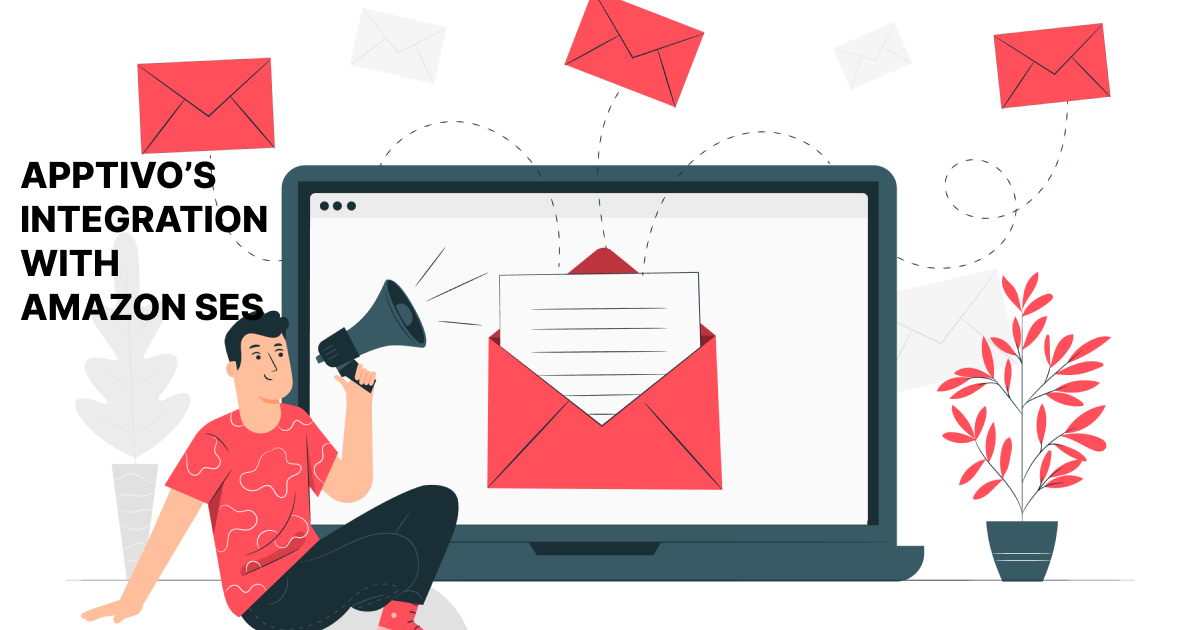
Apptivo's Integration with Amazon SES for Outgoing Email Server
Amazon Simple Email Service (SES) is an email platform that provides an easy, cost-effective way to send and receive email using your email addresses and domains. Apptivo has migrated its email service to Amazon SES (Simple Email Service) to enhance the performance and reliability of our email services
Read more →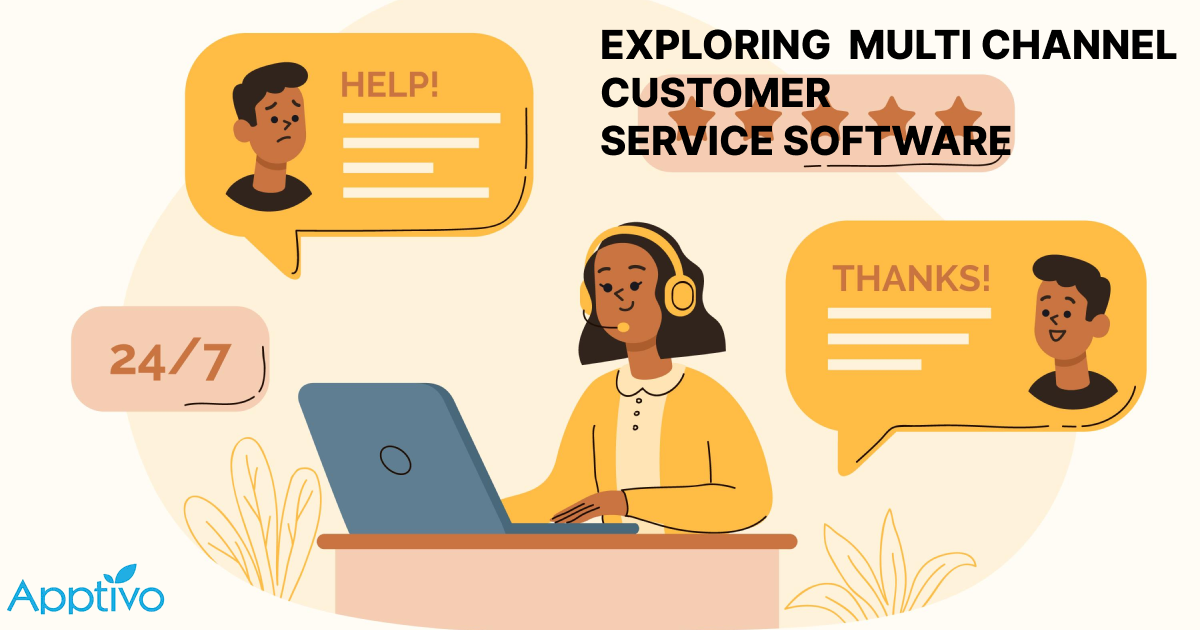
EXPLORING MULTI CHANNEL CUSTOMER SUPPORT SOFTWARE
1.What is customer service software? 2
Read more →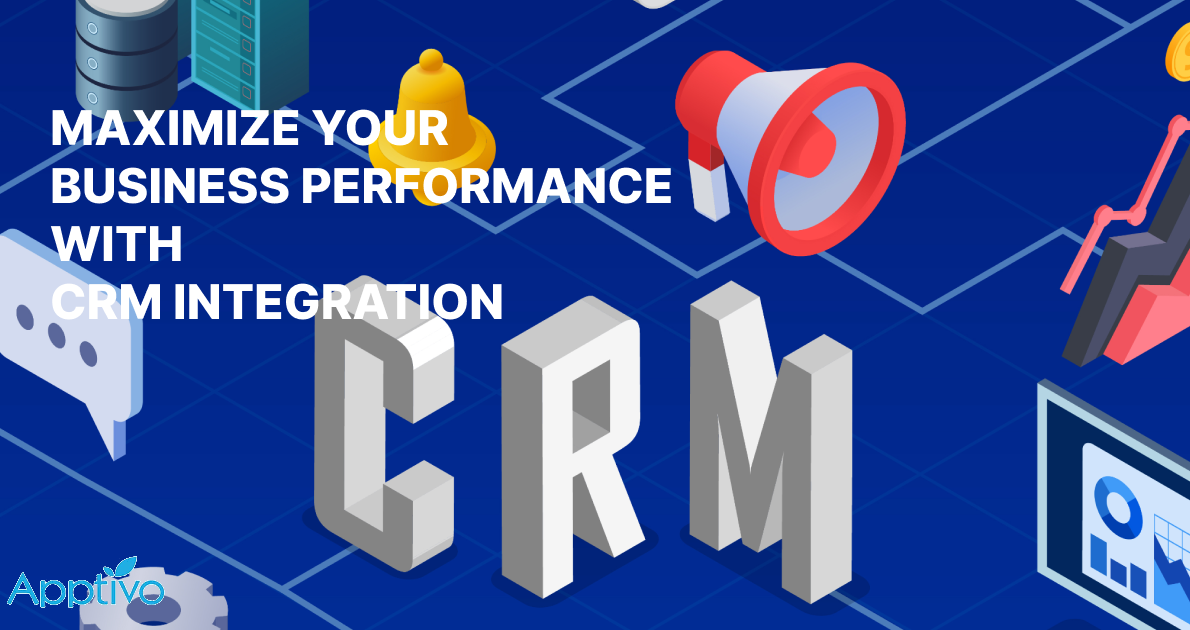
Maximize your business performance with seamless CRM Integration
1.What is CRM Integration? 2
Read more →
